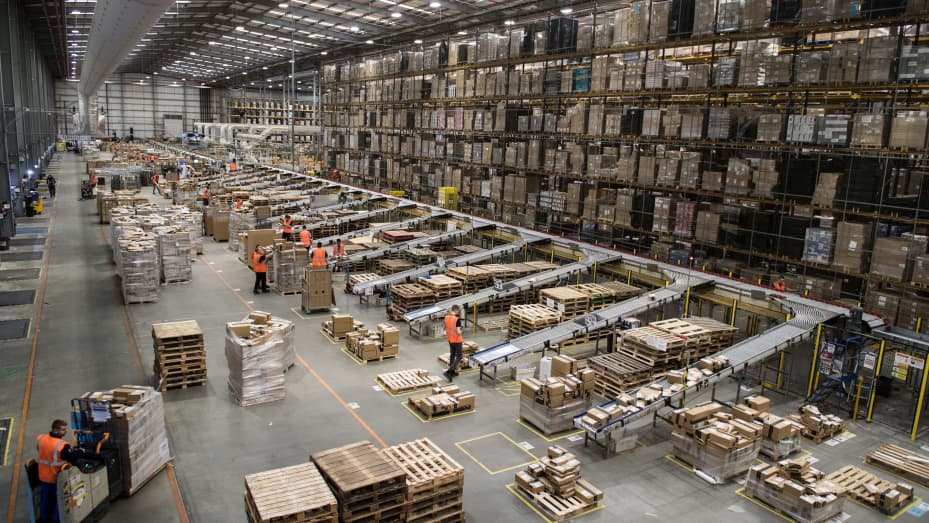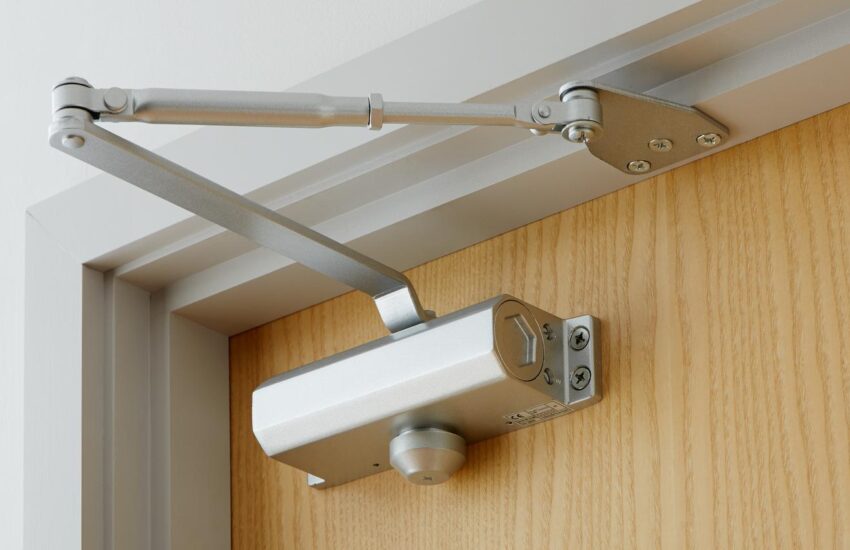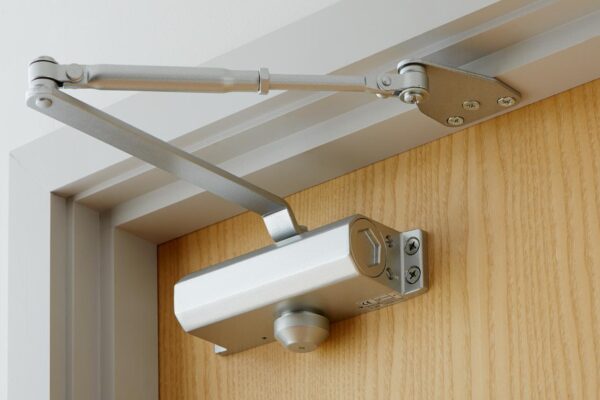California could force Amazon to improve conditions for warehouse workers
A California bill focuses on Warehouse’s work issues is established to go to a state vote of the Senate this week. If it becomes law, the legislation may require that Amazon and other stores of warehouses make significant changes. Bill AB-701, who approved the State Assembly in May, would oblige the store operators as Amazon to be transparent about the quotas that their workers are expected to be.
“The bill would provide you that an employee will not be asked to comply with a quota that prevents compliance with food or rest periods, the use of bath installations or occupational health and safety laws,” the summary of the legislative lawyer for the proposed legislation he says. The bill also seeks to prohibit employers to punish employees who do not comply with quotas that do not allow them to take breaks or comply with health and safety rules. If workers can not realize Amazon’s productivity expectations in real manner, the company may have less fees in the state.
Several Amazon workers have spoken to resign or minimize bath breaks to make sure they comply with fees. According to reports, the expectations of the company lead to many delivery drivers to urinate in bottles and coffee mugs instead of taking time to use a bath. Warehouse workers have shared similar complaints. Amazon supervises closely the productivity of the workers, including the duration of each time each employee moves away from his stations.
A spokesman for Amazon told the New York Times that “the completion of performance problems are rare,” but did not comment directly on the bill.
Last year, it arose that Amazon supposedly expects workers to escape 400 items per hour at compliance enters that use robots. According to a report of the Research Report Center, the rate of serious injury sustained in those warehouses was 50 percent higher than in the Amazonian stores that are not automated.
Investigator of warehouse injuries Edward Flores, director of the Faculty of the Community and the work center at the University of California, Merced, told NYT that repetitive tensions injuries are a problem in automatic stores. The workers are “responding at the speed at which one machine is moving”, which leads to “higher incidence of repetitive movements and, therefore, repetitive injuries,” said Dr. Flores.
Amazon announced some measures aimed at reducing warehouse lesions in May. The plans included meditation kiosks and areas where workers can stretch, as well as the indications of “mind and body” per hour.
The company has a long history of controversial labor practices. Earlier this year, Amazon closed a warehouse in Chicago, where workers maintained scream and protested to improve working conditions. Some of those employees said they were given an option between the 10-hour cemetery changes in other compliance centers or find a new job. At that time, Amazon denied that it was the case.
In August, a national official of the Board of Labor Relations recommended that the workers of an Amazon store in Alabama have another union vote. The retail binding, wholesale and departmental accused Amazon of violating labor laws when interfering with the process. Workers at the compliance center voted against unionization.













